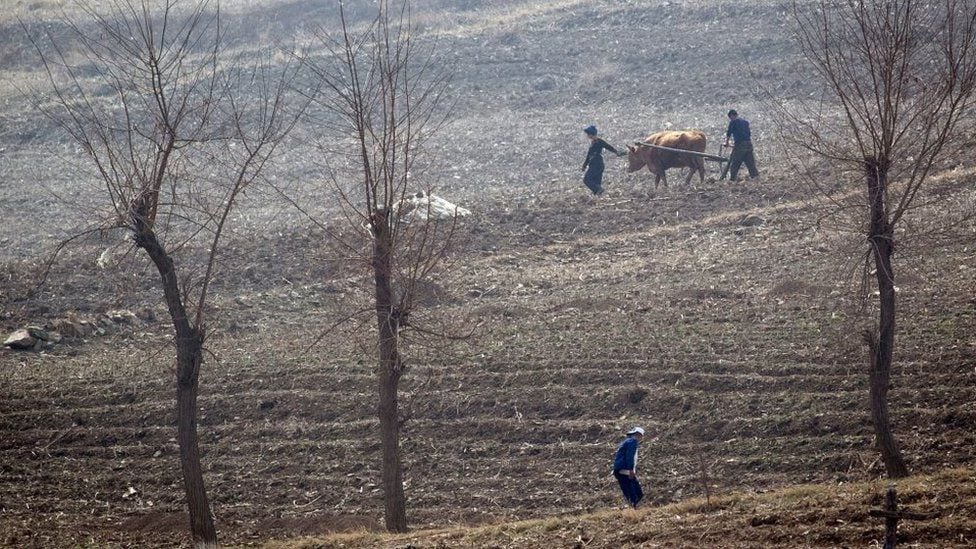What is the surest way to establish that a certain drug cures a certain disease? In natural science the answer is simple: designing controlled experiments. For example, people with similar characteristics are brought together who are randomly assigned to two groups: a control group and a treatment group. The control group is not given the drug and the treatment group is. Since they are similar groups except for that one difference, the changes found between them after the experiment could be attributed to the drug under investigation.
SIGHT: “Five million deaths from COVID-19 is a great wake-up call for all humanity” | INTERVIEW
For ethical, logistical or political reasons, it is not always possible to conduct controlled experiments in the social sciences. So the recent Nobel Prize in Economics It was awarded to economists who resorted to so-called “natural experiments” to deal with these restrictions. That is, situations in which the world spontaneously provides us with conditions similar to those of a controlled experiment.
For example, one of the winners found out the effect of an increase in the minimum wage on employment, studying two labor markets with similar characteristics (in the states of New Jersey and Pennsylvania, in the United States), but with a fundamental difference: in New Jersey was about to go into effect a minimum wage increase and Pennsylvania was not.
His conclusion was that, contrary to what is most similar to a scientific law that economics has (that is, the postulate that there is an inverse relationship between the quantity demanded of a good and its price), the increase in the minimum wage does not resulted in a decline in employment. Since the initial conditions must be similar for two cases to be comparable, this conclusion was not generalizable. But, together with later studies that reached similar conclusions, it could be established, at least, that the “law” in question admits exceptions (when, in principle, a scientific law should have universal validity).
There are also natural experiments in other social sciences. Until 1945, for example, the Korean peninsula had centuries of shared history. It was a single political entity, it resisted the same invaders (for example, it suffered from Japanese colonialism between 1910 and 1945) and economic conditions were relatively similar. Furthermore, the Confucian language and tradition were part of a common culture.
However, after World War II, a border was drawn at the 38th parallel that led to the creation of two independent states, with diametrically opposed political and economic institutions. Acemoglu and Robinson in their book “Why Countries Fail,” argue that by 2012 North Korea’s per capita income was one-tenth that of South Korea and its life expectancy was 10 years lower (differences that did not exist before WWII).

Another example that the authors provide of the influence of institutions on economic development concerns Peru. They compare the provinces of Calca and Acomayo, in Cusco, and find that, despite the similarity of their initial conditions, in 2012 the province of Acomayo was significantly poorer than that of Calca. When investigating what could be the critical juncture from which the trajectories of both provinces bifurcate, they conclude that “the main historical difference between Acomayo and Calca is that Acomayo was in the area of influence of the mita of Potosí, Calca not” . In other words, institutions established in the remote past (such as the repartimiento, the bustle or the encomienda during the colony) could endure with changes (as in gamonalismo during the republic), long after its formal repeal.
Another way of looking at the influence of the past on the present would be to verify that the countries with greater political stability and relative development in Latin America (such as Costa Rica or Uruguay) tend to be countries that occupied a marginal position in the colonial political system.
_______________
- Journalist who reported on the start of the coronavirus in Wuhan is on the verge of death in jail, according to his family
- Mortuary clerk admits he committed dozens of sexual assaults on corpses
- Austria offers jobs with salaries of up to US $ 4,000 to foreigners, including Peruvians: what profession are they looking for and how to apply?
- Salt Bae Feeds Vietnam’s Communist Minister With More Than $ 1,100 Gold-Plated Steak | VIDEO
- Life sentence for woman who murdered five of her children in revenge because her husband left her
- Bill Gates talks about an upcoming threat that would put the world ‘in check’
.

:quality(75)/cloudfront-us-east-1.images.arcpublishing.com/elcomercio/JYIUKS6G6BCK5FMERIHIP4MUHA.jpeg)



:quality(75)/cloudfront-us-east-1.images.arcpublishing.com/elcomercio/C4NQTY7EBFFIVMR6NFEE5WTENM.jpg)
:quality(75)/cloudfront-us-east-1.images.arcpublishing.com/elcomercio/6T5VR63ZIVHVHIZXGIZCSUVBCM.jpg)
